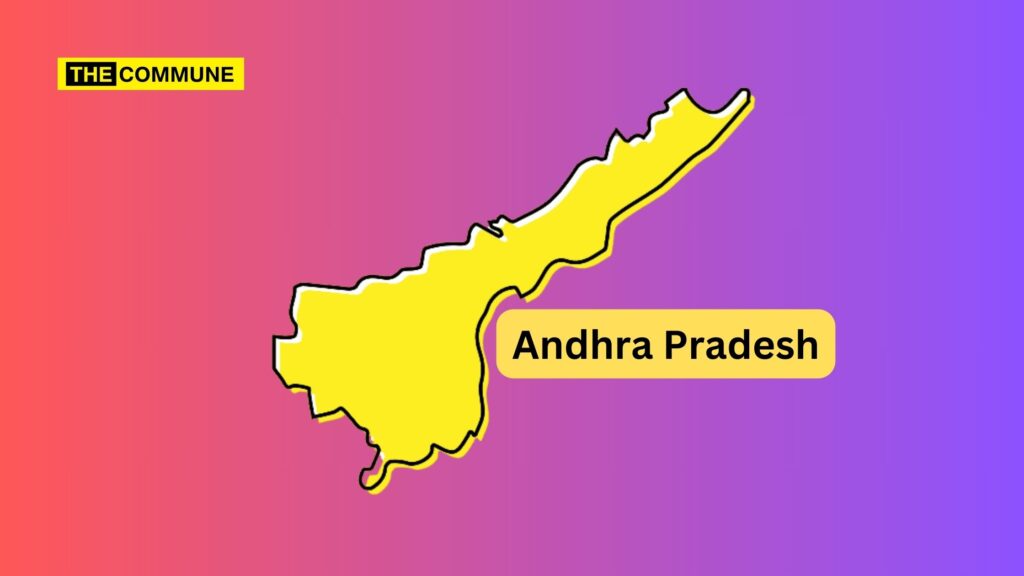Andhra Pradesh, a state renowned for its vibrant culture, thriving business sectors, and rich agricultural heritage, has experienced significant changes over the past century, marked by establishing five different capitals. Each transition has presented unique challenges, impacting governance, development, and the socio-economic landscape.
Historical Background
The state’s capital shifts began in the early 20th century. Initially part of the Madras Presidency under British rule, Andhra Pradesh’s quest for its identity has been marked by political and administrative reconfigurations.
Capital Transitions
1. Madras (Pre-1953)
Madras served as the administrative hub for the Andhra region within the more significant Madras Presidency. The challenge here was a lack of regional autonomy, as the presidency often overshadowed the area’s needs.
2. Kurnool (1953-1956)
The first capital of the newly formed Andhra State, Kurnool, was chosen to address the region’s desire for self-governance. However, the infrastructure was insufficient to support a burgeoning state, creating logistical and administrative difficulties.
3. Hyderabad (1956-2014)
Hyderabad’s elevation to the capital of the unified Andhra Pradesh brought economic growth and cultural integration. Yet, the centralized governance model led to regional disparities, particularly affecting coastal and Rayalaseema regions.
4. Amaravati (2015-Present)
Amaravati was envisioned as a modern, well-planned city. However, its development faced delays, political opposition, and resource allocation issues, causing uncertainties and slowing anticipated progress.
5. Visakhapatnam (2020 Onwards)
Designated as the executive capital, Visakhapatnam aims to decentralize administration. Despite its industrial significance, the city faces challenges in building the necessary infrastructure to accommodate governmental functions effectively.
Challenges Faced
Economic Strain
Frequent capital changes have strained financial resources, with substantial investments required for infrastructure, administrative buildings, and urban planning each time.
Social Impact
Capital transitions have led to demographic shifts, affecting local economies and social structures. Each change prompted migrations, altering the socio-economic fabric of the regions involved.
Administrative Overheads
Repeated relocations disrupted continuity in governance, affecting policy implementation and long-term planning. Bureaucratic restructuring during each transition slowed administrative efficiency.
Cultural Integration
While Andhra Pradesh is culturally rich, integrating diverse regional identities under varying capitals posed challenges. Balancing regional aspirations with a unified state identity required careful navigation.
Thriving Despite Challenges
Despite these hurdles, Andhra Pradesh has continued to flourish. The state’s robust business environment, driven by IT, biotechnology, and pharmaceutical industries, remains resilient. Its agricultural sector, a backbone of the state’s economy, consistently contributes to India’s food security, supported by fertile lands and innovative farming practices.
Culturally, Andhra Pradesh boasts a rich panorama of traditions, languages, and arts. It preserves its heritage while embracing modernization. Festivals, classical arts, and cinema are vital in maintaining cultural vibrancy.
The journey of Andhra Pradesh through five capitals is a testament to its resilience and adaptability. While the challenges are significant, the state’s ability to navigate these transitions and continue its upward trajectory highlights its enduring spirit and potential for future growth. Addressing the ongoing challenges through strategic planning and inclusive governance will be key to sustaining this progress.
Ganesh Kumar is a geo-political analyst.
Subscribe to our channels on Telegram, WhatsApp, and Instagram and get the best stories of the day delivered to you personally.

